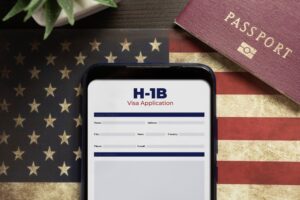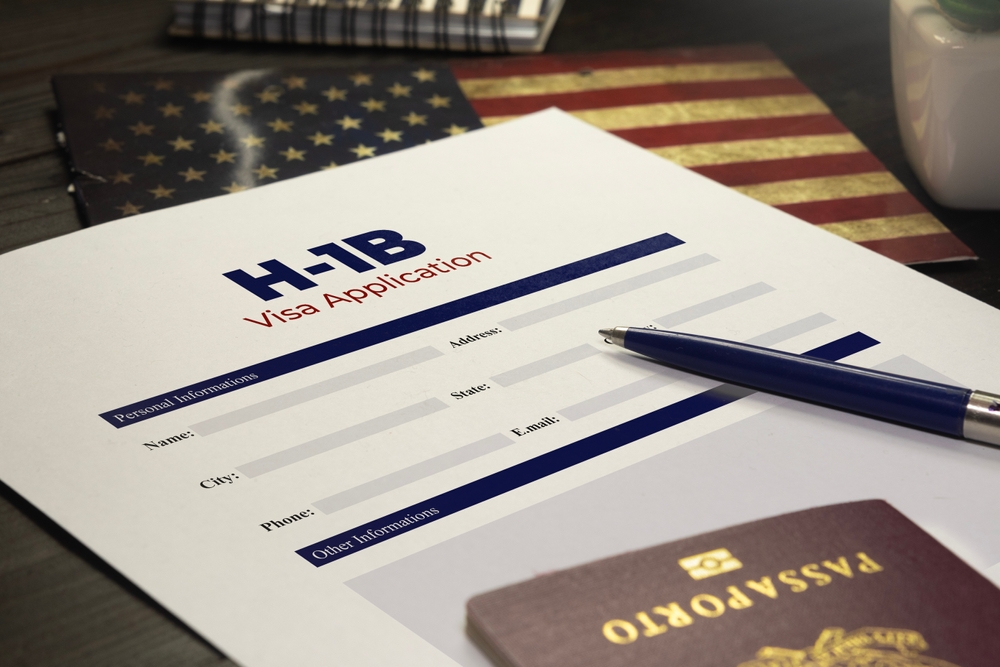Latest H-1B Updates: What Immigrants Must Know About 2025 Regulations
Understanding the latest H-1B updates for 2025 is essential if you plan to live and work in the U.S. under this visa program. These changes are not just minor tweaks they directly impact how you apply, how your application is evaluated, and what employers must now provide. I believe staying informed about the new rules, lottery process, and documentation requirements gives you a clear advantage. In this guide, I’ll walk you through the most important updates, break down what they mean for you, and show you how to prepare a strong, compliant H-1B application under the 2025 regulations.
Quick Overview: What’s Changing in 2025?
The H-1B visa process is seeing important changes in 2025. The USCIS has introduced updated rules that aim to reduce fraud and improve fairness. Key updates include a shift in how the lottery is conducted, new employer obligations, and tighter verification of job roles. These changes affect new applicants, current visa holders looking to extend or transfer, and sponsoring employers. Understanding what’s new is crucial for success. With stricter guidelines and evolving expectations, immigrants must prepare early and avoid mistakes. Staying informed and compliant helps avoid delays or denials, especially under this year’s more closely monitored H-1B system.

- Brief summary of the biggest 2025 H-1B updates (bullet points)
- New USCIS rules or policies taking effect
- Key differences from previous years
- Who is most affected (e.g., first-time applicants, transfers, cap-exempt)
H-1B Lottery 2025: What You Must Know
For 2025, the H-1B lottery is moving to a beneficiary-centric model, meaning each individual will have an equal chance, no matter how many employers file for them. This aims to curb multiple filings and increase fairness. The registration window usually opens in March, and selections follow shortly after. The cap remains 65,000 for regular applicants and 20,000 for those with U.S. master’s degrees. Cap-exempt roles remain unaffected by the lottery. Make sure your registration is accurate errors can lead to disqualification. Understand the system, follow dates closely, and ensure your details match exactly across all filings to avoid issues.
- Exact dates and deadlines
- New lottery process or selection method (e.g., beneficiary-centric vs. employer-centric)
- Registration system changes
- Cap numbers: regular, master’s cap, cap-exempt organizations
- Common lottery myths debunked
New Application Rules: What’s Required Now
USCIS has tightened the application process for 2025. Employers must submit clearer proof that the job qualifies as a specialty occupation. Required documents include the LCA, employer support letter, and detailed job descriptions. Fee structures remain, but application reviews are stricter, especially on job duties and worksite verification. Applicants must provide educational credentials and ensure their job role matches their degree field. Third-party placement is now heavily scrutinized include client letters and contracts. Accuracy is key. One small error or missing item can trigger an RFE or denial. Double-check forms, confirm employer responsibilities, and meet every document requirement carefully.
- Updated documentation list
- Required forms and fees
- Changes to employer requirements
- New compliance steps (e.g., third-party worksite rules, end-client letters)
- Mistakes that cause denials – how to avoid them
How to Build a Strong H-1B Application in 2025
A strong 2025 H-1B application starts with clarity and evidence. Make sure the job description clearly shows why it needs a bachelor’s degree or higher. Use simple but detailed language to show how the role meets “specialty occupation” standards. Your resume and degree must align with the job. Provide transcripts, credentials, and evaluations if needed. The employer’s letter must clearly explain the work, your role, and supervision. If working offsite, include end-client details. Avoid vague roles like “analyst” without explanation. The more clearly you link your education to your job, the better your chances of approval.
Join Us on Email Newsletter

- Tips for first-time applicants
- How to write a strong job description
- What USCIS looks for in a “specialty occupation”
- How to show employer-employee relationship clearly
- Boost approval chances: avoid common red flags
Alternatives If You Don’t Get Picked in the Lottery
- F-1 OPT Extension
- L-1, O-1, TN options (brief, practical comparisons)
- Remote work for U.S. employers from abroad
- Applying through cap-exempt institutions (universities, nonprofits)
Expert Tips: Stay Ahead of the Curve
- Keep immigration lawyer in the loop
- Follow USCIS and Department of State updates
- Join online H-1B communities for support
- Check for scams or unofficial services
Stay Ready, Stay Informed
preparation Mark all key dates: registration, selection, and filing deadlines. Keep your passport, transcripts, degree evaluations, job offer letter, and employer documents ready. Make sure your contact info is current on all forms. Double-check every field before submitting. Talk to your employer about worksite location, job duties, and compliance needs. Save all communications and receipts. Follow trusted government sources like USCIS.gov for announcements. Stay organized, stay updated, and don’t wait until the last minute. A clear plan and timely action are your best tools for a successful 2025 H-1B journey.

- Key dates to mark on your calendar
- Documents to have ready
- Questions to ask your employer
- Trusted sources for H-1B updates
The 2025 H-1B visa updates bring important changes to the application process, lottery system, and employer requirements. These changes aim to reduce fraud, increase fairness, and improve transparency. Applicants must now follow stricter guidelines, provide clearer documentation, and stay alert to key deadlines. Understanding these updates helps immigrants prepare stronger applications and avoid common mistakes.

